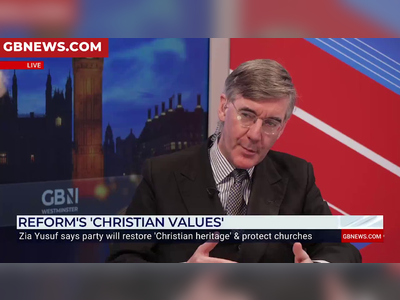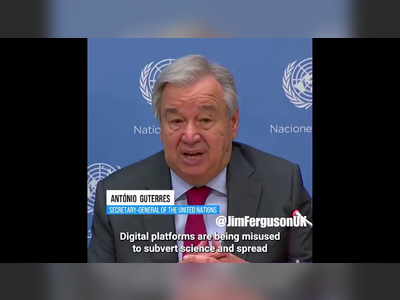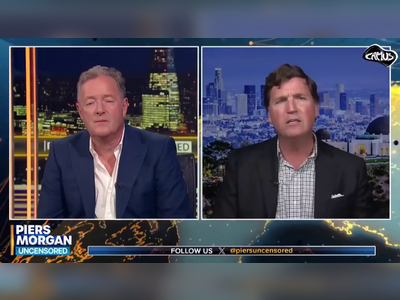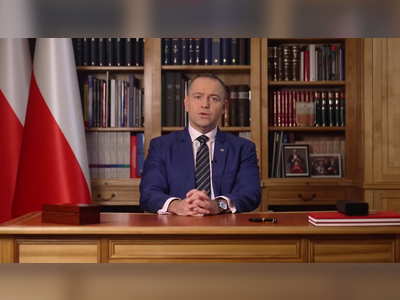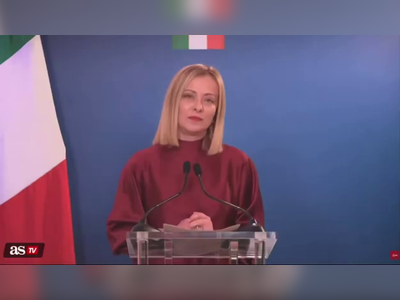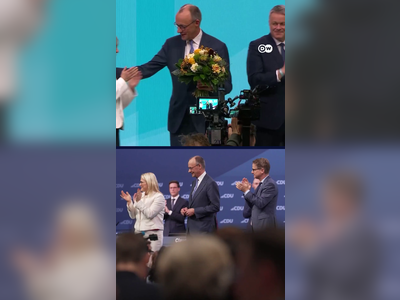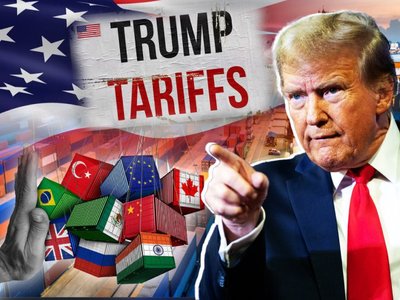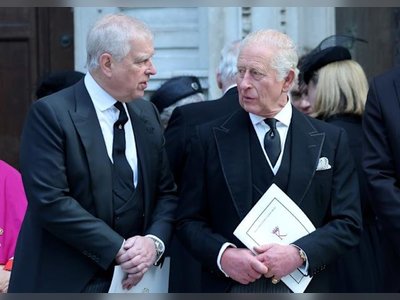NATO Chief's Urgent Diplomacy: Balancing Aid and Dialogue in the Ukraine Crisis
As Trump eyes a return to power, Mark Rutte's talks with Zelensky reveal the fine line between military support and diplomatic resolution.
As geopolitical tensions simmer, NATO Secretary General Mark Rutte has embarked on crucial discussions with Ukrainian President Volodymyr Zelensky and European leaders concerning the conflict's trajectory.
The urgency of these talks is underscored by the potential return of Donald Trump to the White House, a development that could shift the dynamics of international relations and military support.
At the heart of these deliberations is a contentious debate: should the West increase its military aid to Kyiv as a deterrent against Russian aggression, or is there a risk that such assistance could escalate the conflict further?
Proponents of ramped-up military support argue it is essential for fortifying Ukraine's defenses.
A robust military presence, they contend, can serve as a formidable deterrent against further Russian incursions.
However, critics caution that over-relying on military solutions may exacerbate tensions and entrench positions further.
The historical parallels are instructive.
The lessons of World War Two highlight the perils of inadequate defense readiness, while the Cuban Missile Crisis offers a blueprint for successful diplomacy.
The latter succeeded through strategic compromises, achieving peace without resorting to military confrontation.
Yet the contemporary Ukrainian situation presents a uniquely complex challenge.
The geopolitical stakes are both high and intricate, necessitating a delicate balance between military preparedness and diplomatic outreach.
There is no disputing the critical role diplomacy must play here, but it must be backed by credible defense capabilities to ensure successful negotiations.
The potential ramifications extend beyond the immediate region.
European leaders are acutely aware that increased involvement in the conflict must not provoke further hostilities with Russia, which could destabilize the broader geopolitical landscape.
Rather, a carefully calibrated strategy could reinforce unity and stability through a show of support for Ukraine.
'History is not a delicate repository of wise lessons,' a scholar of diplomacy might remind us, 'but rather a complex canvas from which to draw insights.' As NATO grapples with these far-reaching issues, the call is clear: blend the wisdom of history with the strategic demands of the present to forge a path forward.
In the end, a pragmatic approach may hold the key—one that harnesses military strength as part of a broader toolkit that also embraces diplomatic and economic strategies.
While there is no single, clear-cut solution, a nuanced, balanced strategy could steer this fraught situation toward a peaceful resolution.
The world watches, hoping that these discussions yield a model not just for Ukraine, but for international conflict resolution at large.
The urgency of these talks is underscored by the potential return of Donald Trump to the White House, a development that could shift the dynamics of international relations and military support.
At the heart of these deliberations is a contentious debate: should the West increase its military aid to Kyiv as a deterrent against Russian aggression, or is there a risk that such assistance could escalate the conflict further?
Proponents of ramped-up military support argue it is essential for fortifying Ukraine's defenses.
A robust military presence, they contend, can serve as a formidable deterrent against further Russian incursions.
However, critics caution that over-relying on military solutions may exacerbate tensions and entrench positions further.
The historical parallels are instructive.
The lessons of World War Two highlight the perils of inadequate defense readiness, while the Cuban Missile Crisis offers a blueprint for successful diplomacy.
The latter succeeded through strategic compromises, achieving peace without resorting to military confrontation.
Yet the contemporary Ukrainian situation presents a uniquely complex challenge.
The geopolitical stakes are both high and intricate, necessitating a delicate balance between military preparedness and diplomatic outreach.
There is no disputing the critical role diplomacy must play here, but it must be backed by credible defense capabilities to ensure successful negotiations.
The potential ramifications extend beyond the immediate region.
European leaders are acutely aware that increased involvement in the conflict must not provoke further hostilities with Russia, which could destabilize the broader geopolitical landscape.
Rather, a carefully calibrated strategy could reinforce unity and stability through a show of support for Ukraine.
'History is not a delicate repository of wise lessons,' a scholar of diplomacy might remind us, 'but rather a complex canvas from which to draw insights.' As NATO grapples with these far-reaching issues, the call is clear: blend the wisdom of history with the strategic demands of the present to forge a path forward.
In the end, a pragmatic approach may hold the key—one that harnesses military strength as part of a broader toolkit that also embraces diplomatic and economic strategies.
While there is no single, clear-cut solution, a nuanced, balanced strategy could steer this fraught situation toward a peaceful resolution.
The world watches, hoping that these discussions yield a model not just for Ukraine, but for international conflict resolution at large.
